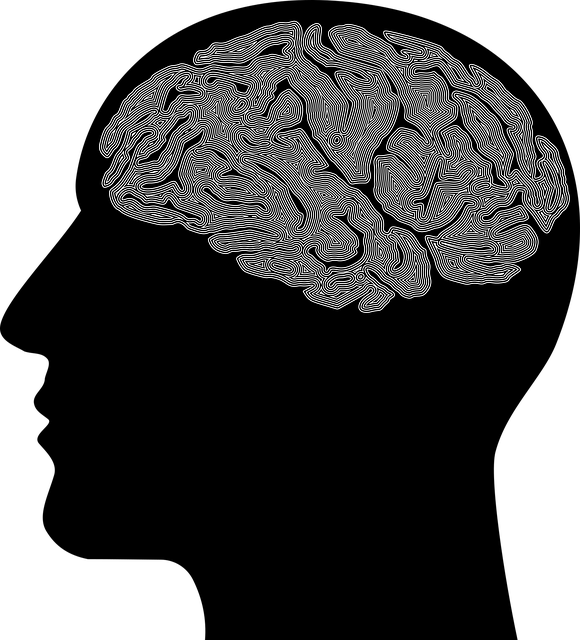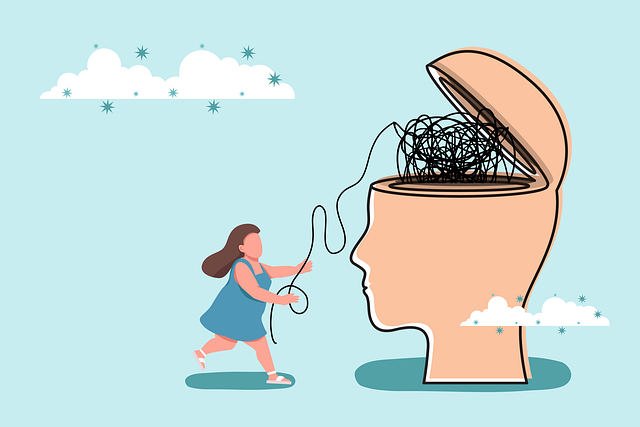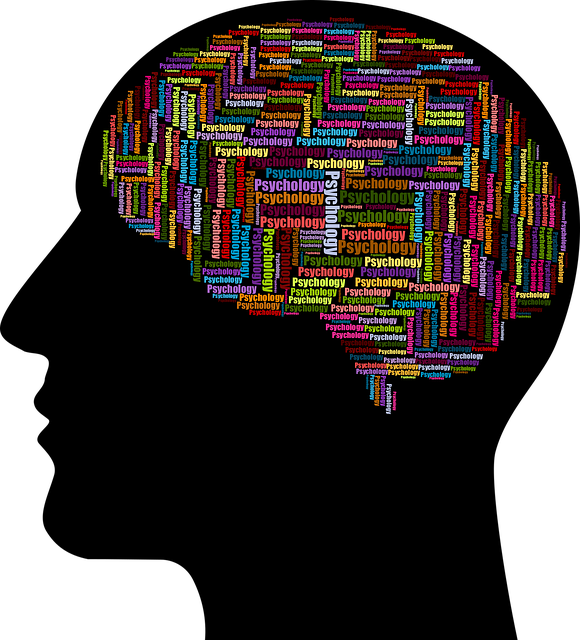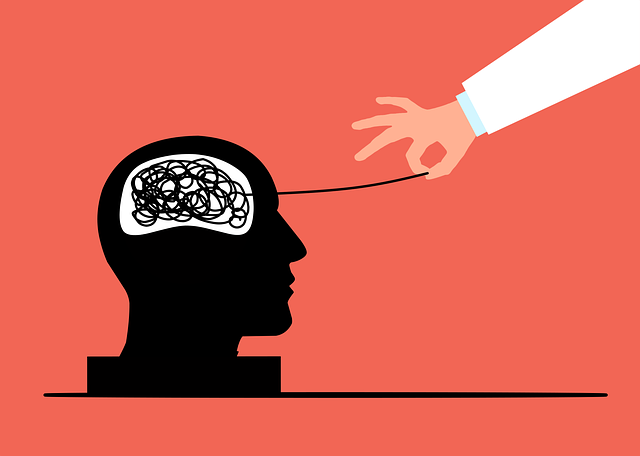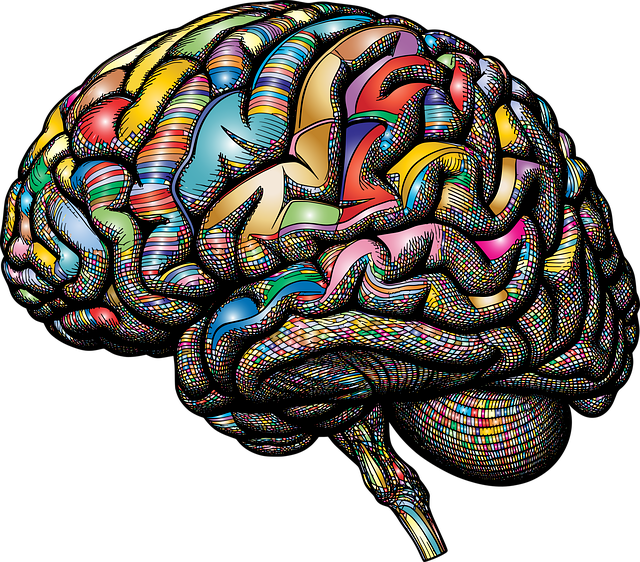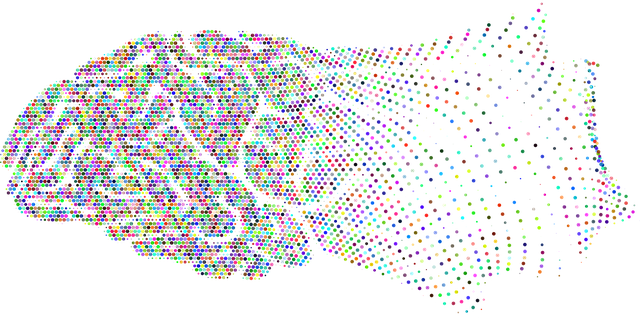Crisis Intervention Teams (CITs) provide crucial support for young adults with Attention Deficit Disorder (ADD) or ADHD by offering immediate crisis management and strategic interventions. Through community outreach programs, these teams train local professionals to recognize and respond effectively. Compassion Cultivation practices foster empathy among team members while mental wellness coaching programs offer ongoing support for symptom management and daily challenges. Well-structured CIT training reduces stigma, enhances resilience, and improves effectiveness in assisting young adults with ADD-ADHD through evidence-based therapy, including structured routines, clear communication, mindfulness meditation, and positive reinforcement.
Crisis intervention team training programs play a pivotal role in empowering support systems to effectively manage crises among young adults with ADD-ADHD. This article explores the critical function of these teams, delving into the significance of specialized training programs that equip caregivers and peers with essential strategies. We examine how structured crisis management techniques can enhance outcomes for young adults navigating attention-deficit disorders, providing a vital resource for improved mental health support.
- Understanding Crisis Intervention Teams: A Vital Resource for Young Adults with ADD-ADHD
- The Role of Training Programs in Equipping Support Systems
- Strategies and Techniques for Effective Crisis Management in a Young Adult Population
Understanding Crisis Intervention Teams: A Vital Resource for Young Adults with ADD-ADHD

Crisis Intervention Teams (CITs) are a crucial resource for young adults navigating Attention Deficit Disorder (ADD) or Attention Deficit Hyperactivity Disorder (ADHD). These specialized teams provide immediate support and strategic interventions when individuals face intense crises, such as severe emotional distress or suicidal ideation. By integrating CITs into the community, we enhance the availability of therapy for young adults with ADD-ADHD, ensuring they receive timely assistance tailored to their unique needs.
Community Outreach Program Implementation often involves training local professionals, including teachers and peer mentors, to recognize signs of crisis and effectively respond. Compassion cultivation practices are at the heart of CIT training, fostering empathy and understanding among team members. Additionally, Mental Wellness Coaching Programs Development can be integrated into CIT frameworks, offering ongoing support and skill-building strategies for young adults as they manage their ADD-ADHD symptoms and navigate daily challenges.
The Role of Training Programs in Equipping Support Systems

Crisis intervention team training programs play a pivotal role in equipping support systems to effectively handle mental health crises, particularly among young adults with Attention Deficit Disorder (ADD-ADHD). These programs not only equip individuals with practical skills to recognize and respond to distress signals but also foster an environment of empathy and understanding. Through interactive workshops, role-playing scenarios, and peer-to-peer learning, participants gain the confidence to provide immediate assistance while reducing the stigma associated with mental illness.
The training goes beyond mere crisis management by incorporating strategies for Anxiety Relief and Self-Esteem Improvement. By addressing these aspects, young adults are better prepared not just to handle acute situations but also to navigate their daily lives with greater resilience. Ultimately, well-structured crisis intervention team training programs serve as a powerful tool in the broader Mental Illness Stigma Reduction Efforts, ensuring that support systems become more equipped, compassionate, and effective in assisting those in need.
Strategies and Techniques for Effective Crisis Management in a Young Adult Population

Effective crisis intervention for young adults requires tailored strategies that address their unique needs and challenges. One key approach involves leveraging therapy for young adults with ADD-ADHD, which has been shown to be highly beneficial in managing crises. Therapists can employ techniques such as structured routines, clear communication, and positive reinforcement to help individuals gain control during distressing situations. By fostering inner strength development through mindfulness meditation, young adults learn to regulate their emotions, improve focus, and build coping skills.
Mental wellness is paramount for this demographic, and crisis intervention teams should incorporate evidence-based practices that promote resilience. Encouraging self-awareness, teaching stress management techniques, and facilitating open discussions about mental health can empower young adults to navigate crises with greater composure. Additionally, integrating mindfulness meditation into training programs enhances emotional intelligence, enabling individuals to respond thoughtfully rather than reacting impulsively during challenging circumstances.
Crisis intervention team training programs play a pivotal role in equipping support systems with the necessary tools to effectively manage crises among young adults with ADD-ADHD. By enhancing understanding and providing practical strategies, these programs ensure that everyone involved—from healthcare professionals to family members—is prepared to handle challenges promptly and compassionately. Investing in such training is essential for fostering an environment that supports the well-being and success of young adults receiving therapy for ADD-ADHD.


